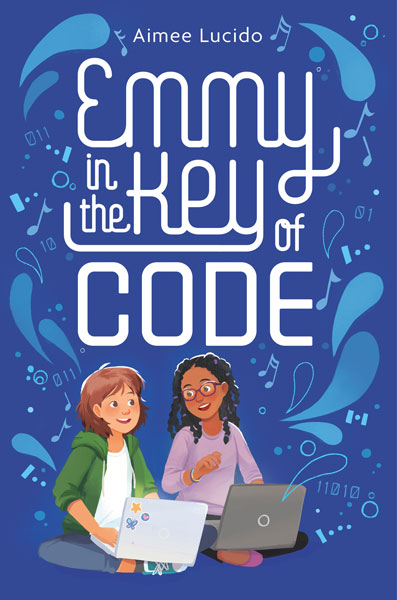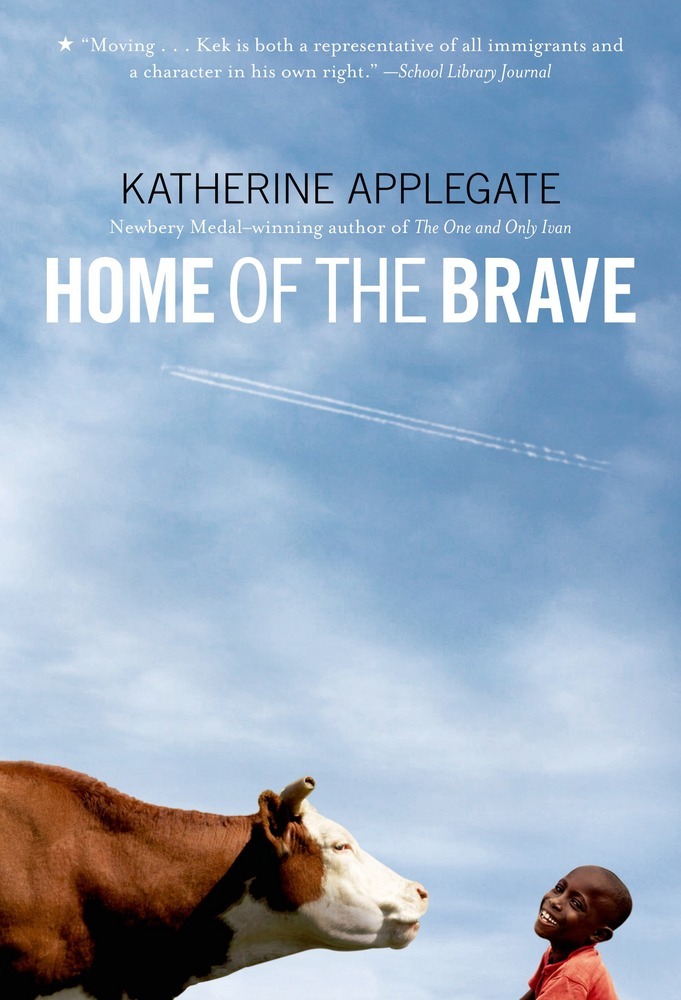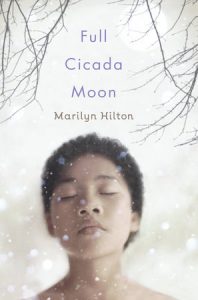hello!
JOIN US IN EXPLORING OTHERS' CRAFT AND BUILDING OUR OWN
Adult secondary characters need to serve the story and the change and growth necessary for the main character. With teacher characters, as with other adults, you have a wide range of options–from allies to antagonists.
“Craft study has helped me tremendously to make better books, and to hone my ear so that I know when something is working or not. I’ve become so much better at writing stronger characters with more compelling arcs, I can tell when my language is pitch-perfect and when it’s falling flat, I can revise more quickly than ever before, I can look at comp titles when I get stuck, I can pull from a wider range of craft techniques when I’m struggling to convey something . . . the list goes on and on. Learning craft has helped me become a better writer in countless ways.”
craft review by Anne-Marie Strohman Katherine Applegate’s novel-in-verse, Home of the Brave, is an intricate story. Kek, a ten-year-old refugee from Sudan, lands in Minnesota in the middle of winter and has to make sense of his new world. It is at once a story of leaving a life behind, engaging with a new world, […]
interview by Kristi Wright KidLit Craft is pleased to welcome Marilyn Hilton to the blog! San Francisco Bay Area-based author Marilyn Hilton writes lyrical middle grade novels in both prose and verse. As I read novel-in-verse, Full Cicada Moon, I was struck by how beautiful storytelling can be when an author use poetic techniques. And Marilyn’s […]
craft review by Kristi Wright I’m a prose writer through and through, but I love stories told in verse. Novels-in-verse are constructed as a series of poems, with each poem typically a unique chapter. The poem series still demands a narrative arc–complete with rising action, climax and resolution–and character development remains as important as ever. […]




